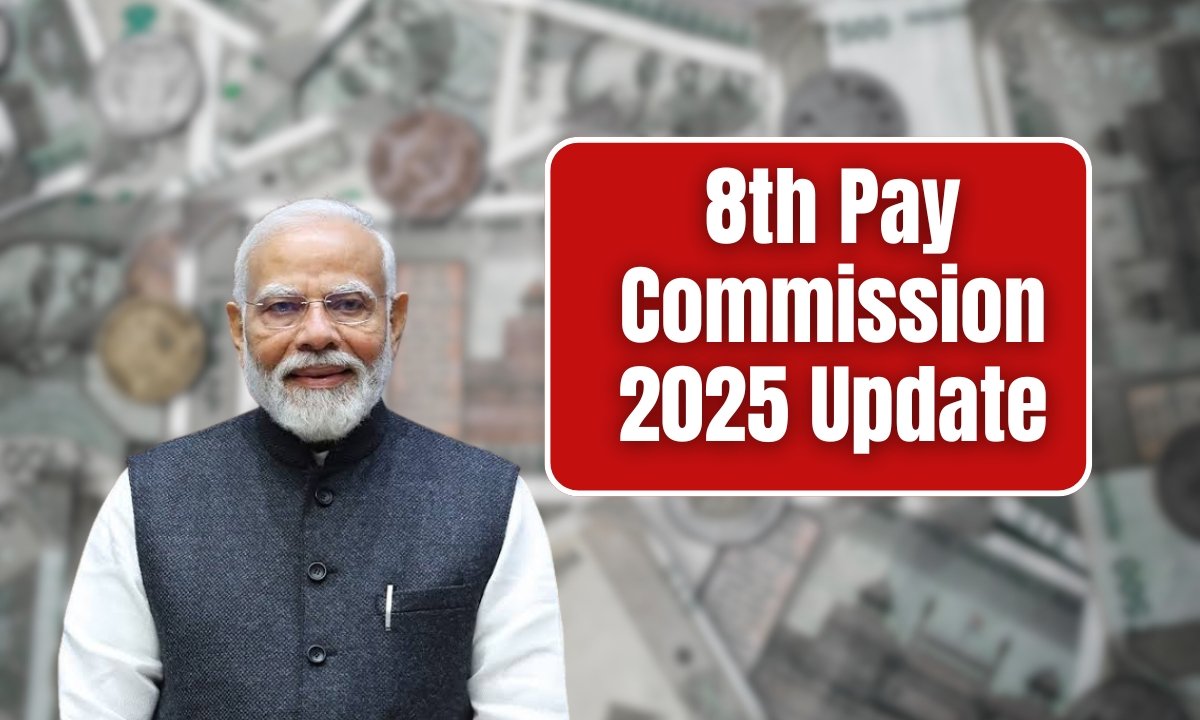The 8th Pay Commission is a government-appointed panel constituted to review and recommend changes in central government employees’ salary, allowance, and pension structure, which pertains to pensioners in India. Constituted in January 2025, the commission follows the long-established tradition of access to Pay Commissions every ten years.
Implementation Timeline & Status
- Expected Launch: The 8th Pay Commission is slated for implementation from 1 January, 2026, as the term of the 7th Pay Commission comes to an end.
- Potential Delay: There are reports of delays and the implementation possibly getting delayed to 2027, which could also lead to matters about arrears being brought into financial consideration amongst employees.
Projected Salary & Pension Hikes
- Estimated Increase: Analysts expect a take-home pay increase of 30–34 percent.
- Minimum Basic Pay: Could be anywhere in the range of ₹34,500 to ₹51,480 depending on fitment factor ranges (approximately 1.8 to 2.86).
- Minimum Pension: For pensioners, it is suggested to increase from ₹9,000 to as high as ₹25,740.
Changes To Allowance And Fitment Factor
- Fitment Multiplier: A fitment factor, used to calculate revised salaries, is projected from 1.8 to 2.86, with some stakeholders pushing for 2.57 and above.
- Dearness Allowance (DA): At present, DA is about 55% or more of basic pay and may be merged into the basic pay under the new system.
- Allowance Rationalization: Expect major restructuring—some allowances might be merged or done away with to simplify the process, as under the 7th CPC.
Scale Merging And Structural Simplification
- Merging of Pay Scales: For smooth career progression, recommendations are made to merge levels such as 1 with 2, 3 with 4, and 5 with 6.
- More Transparent Structure: This would remove anomalies, consolidate salary grades, and bring about transparency and equity.
Also Read:Bajaj Pulsar N250 Bike Launched To Compete With KTM, know Its Features

